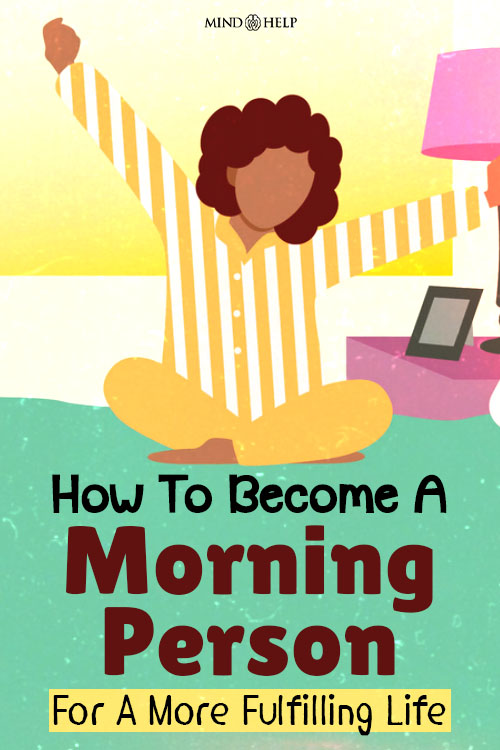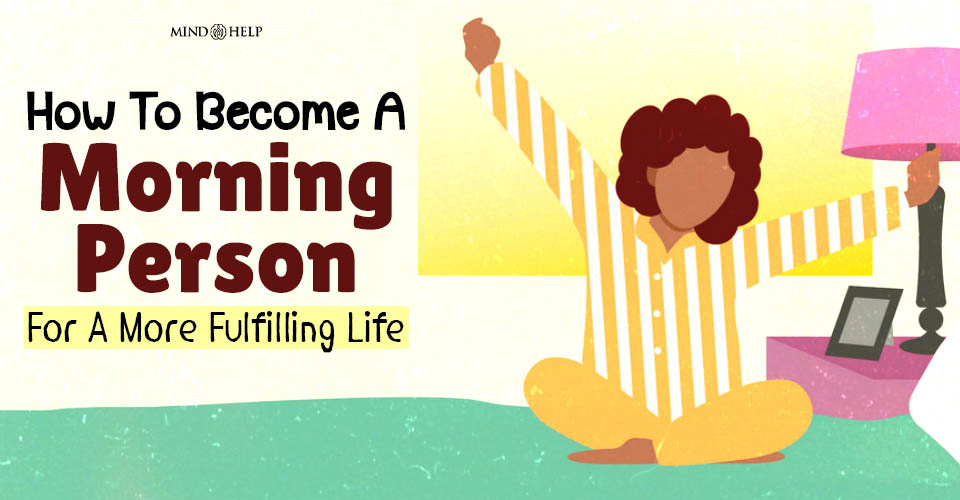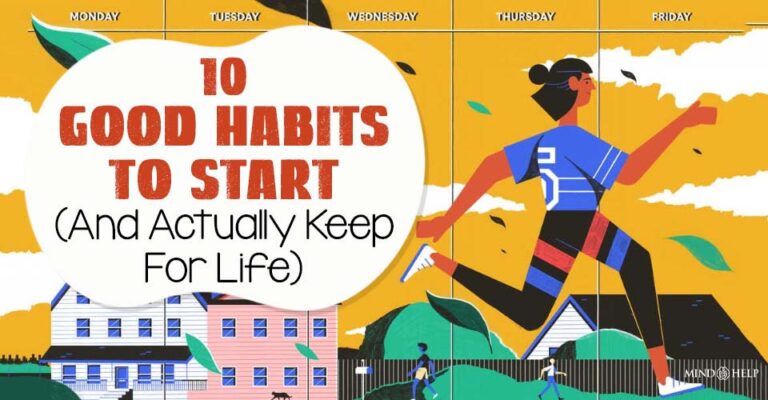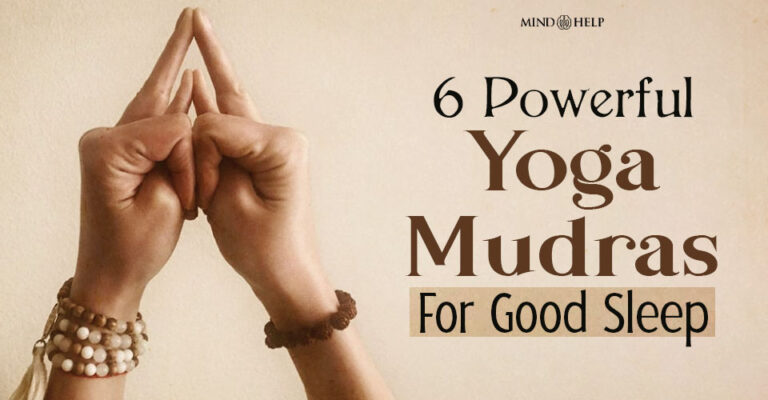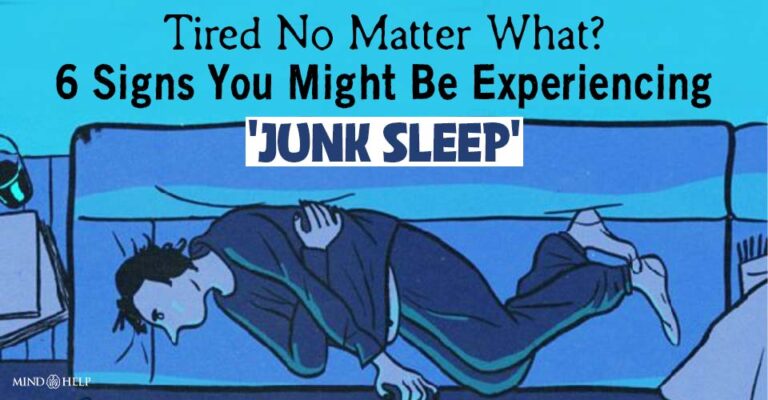We all know that starting the day early can give us a much-needed head start and help us stay on top of our responsibilities. Yet, for many of us, waking up early feels like an impossible task. That blaring morning alarm? Pure evil. So, how to become a morning person when every fiber of your being resists it?
Why Bother Waking Up Early?
Before diving into the “how,” let’s explore why becoming a morning person is actually worth the effort. Here are some solid reasons:
- You can get a jump-start on your busy day filled with errands and tasks.
- No more morning anxiety from running late for work or appointments.
- You have time to plan your day thoughtfully instead of reacting in chaos.
- Your commute or morning routine becomes more relaxed and less rushed.
- Extra time to read, listen to music, exercise, or chat with friends online.
- Starting early can improve your mood and help you stay ahead of your to-do list.
- Your positive energy can influence both your productivity and your relationships.
- You’ll have time for scheduled breaks—no more being rushed by the ticking clock.
- More energy = crushing your goals and impressing your boss or clients.
- You’ll avoid being late for meetings or even a special date!
- And of course, early sun exposure gives you a healthy dose of Vitamin D.
In short, waking up early sets a strong, positive tone for your day. So yes, the early bird really does catch the worm. But, how to wake up early without hating it?
How To Become a Morning Person?
Here are some simple tips to help you rise earlier without feeling grumpy about it:
1. Plan Something You Enjoy in the Morning
If your mornings feel dull or stressful, you’re less likely to want to leave your bed. Make mornings something to look forward to.
Think beyond the alarm—treat yourself to a cozy breakfast, a latte from your favorite café, or a calming playlist. Just skip the urge to check your phone first thing.
2. Step Outside Right After Waking Up
Instead of grabbing your phone or turning on the news, head outdoors. A quick walk around the block or some time in your backyard can do wonders for your mental health.
You’ll also benefit from sunlight, which helps regulate your circadian rhythm (your body’s clock). Bonus: Set up a water bowl for the birds—it’s a small, joyful ritual.
3. Get Enough Sleep at Night
This one’s non-negotiable. Adults need 7–8 hours of quality sleep to function well. If your job doesn’t require late hours, prioritize bedtime.
Audit your routine and make changes to align with healthy sleep patterns. Cut out habits that sabotage your rest—your future self will thank you.
4. Practice Good Sleep Hygiene
How to get up early? To become a happy, well-rested morning person, focus on sleep quality. Try these sleep hygiene tips:
- Keep your bed neat and sheets clean
- Take a relaxing shower before bed
- Wear comfortable, clean sleepwear
- Maintain a cool room temperature
- Block light with curtains or a sleep mask
- Reduce noise with earplugs or a white noise machine
- Reserve your bed for sleep and intimacy only
- Use calming scents like lavender or chamomile
- Declutter your space for mental peace
- Choose a mattress and pillows that suit your body
- Keep devices out of the bedroom or use Do Not Disturb mode
5. Stick to a Consistent Sleep Schedule
Your body thrives on routine. Going to bed and waking up at the same time daily helps train your brain—and makes early rising feel less brutal.
As your body adjusts, your sleep will improve. You’ll wake up refreshed and ready to tackle the day.
6. Create a Calm Evening Routine
Avoid overstimulation before bed. Wind down with activities that help you relax—read a book, meditate, enjoy soothing music, or stargaze.
Avoid caffeine, alcohol, or doom-scrolling. A calm evening sets the stage for peaceful, uninterrupted sleep.
Read: Night Time Habits: 5 Activities To Do At Night To Wake Up Happier
7. Incorporate Regular Exercise
A sedentary lifestyle can interfere with your sleep. Adding a bit of exercise to your day helps tire the body and ease the mind.
Yoga is especially beneficial—studies show it improves sleep quality, reduces insomnia, and decreases nighttime awakenings. Its calming nature prepares your mind and body for rest.
8. Use Sleep Aids If Needed
If you’re dealing with a diagnosed sleep disorder, speak to a doctor. Treatments may include sleep aids or devices like CPAP machines for sleep apnea. In some cases, prescribed medications can help regulate sleep.
9. Be Mindful of Eating and Drinking Habits
Late-night snacking or too much caffeine can wreak havoc on your sleep. Eating heavy meals or drinking lots of fluids close to bedtime can lead to discomfort or frequent bathroom trips. Limit your food and liquid intake in the evening to prevent sleep disruptions.
10. Reduce Screen Time Before Bed
The blue light from screens can delay melatonin production, making it harder to fall asleep. Avoid scrolling in bed and put your devices on silent or Do Not Disturb mode. Try to keep phones, tablets, and laptops out of your bedroom altogether.
Bonus Tips to Make Waking Up Early Easier:
- Be realistic about your wake-up time goals
- Try an alarm that’s hard to snooze or turn off
- Place your alarm clock far from your bed
- Let sunlight flood your room as soon as you wake
- Play upbeat music to lift your mood
- Take a quick shower to shake off the grogginess
- Catch up on sleep on weekends if needed
Read: The Science Of ‘Sleep Debt’ And How You Can Repay It
Becoming a morning person doesn’t happen overnight, but with these small, intentional steps, you’ll soon start enjoying early mornings instead of dreading them.
If you found this guide on how to become a morning person, helpful, share it with your friends—and drop your favorite morning ritual in the comments below!
